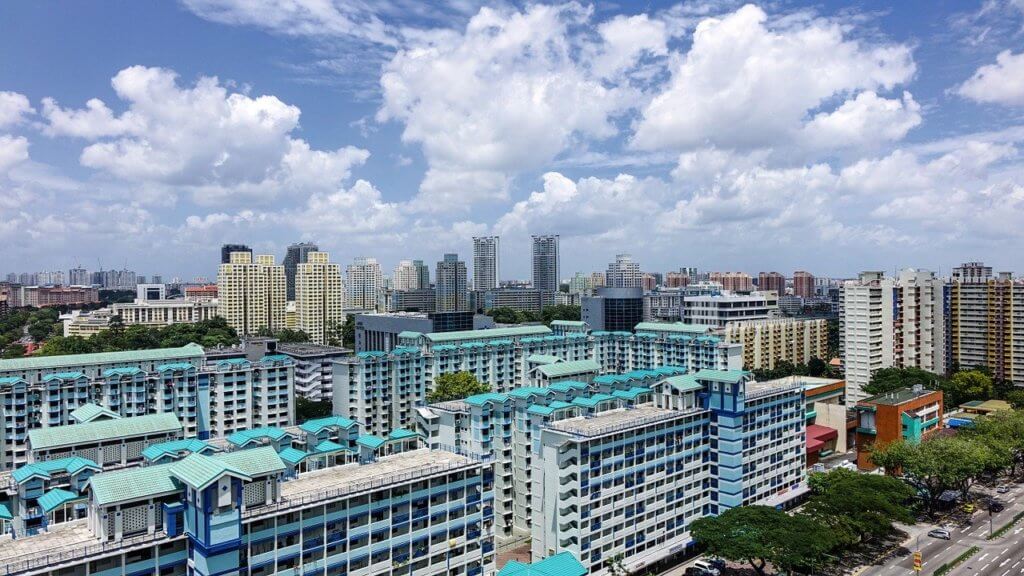It’s one of the biggest purchases you will ever make in your life: a first home. This is an accomplishment that a bulk of the working force is striving for, one that is extremely rewarding but more complex than most initially realize. It is a long process and obtaining your own property will have a major impact on your life, from your finances, career and personal life. Countless of people have struggled after taking the leap, but don’t be deterred.
Investing in your own home is a worthwhile step to take so long as you do it smartly. Don’t get lost in the excitement and make sure you do your homework while shopping the right way so you can enjoy your very first house without the burden of overwhelming debt. This primer should keep you on track throughout the process. Read on for common mistakes inexperienced buyers make when purchasing their first house.
Losing sight of what you can afford.
There’s no bigger hole than borrowing money you can’t pay back, and many have found themselves succumbing to this trap. Find out what is the mortgage amount you can afford and commit to every month by calculating your monthly budget. In Singapore, MAS has changed the rules slightly over the past few years. Loan to value is now 75% vs 80% in the past.
Furthermore, borrowers have to make sure their monthly payments meet the total debt servicing ratio (TDSR). The calculation here would provide you with the amount you can borrow from the bank.
When deciding on your home purchase price, spare no expense; don’t assume that you can cut your grocery money in half or that you can survive on canned food until the mortgage is paid off. This is a long-term plan, so be reasonable and leave space in the budget for emergency expenses, insurance and other various payments. In today’s home prices, allotting around 30% of the monthly income for the mortgage is a realistic arrangement for most people, although this may vary to keep a comfortable lifestyle.
If you like more advice, you could ping my good friend, Jasper at financeguru. He would be able to help you on home mortgages.
Neglecting other expenses.
Although it’s a valuable investment, a new house brings a whole host of other fees that first-time buyers do not think about when drawing up a budget. The money that is necessary for a home goes beyond the mortgage. Potential additional expenses include utilities, property tax, and insurance, moving costs, repairs and possible MCST fees for condos.
When you take these factors into account, the final number may be way out of your price range. Find out ahead of time how much all these expenses are going to cost you so you can decide if you can hack it in the neighborhood. Approach your property agent or the MCST office for a more complete picture of what you are in for.
On average most monthly maintenance fees are based on the property share value, some condos do make all owners pay equal share which will come up to be around 300-400+ a month. With the ever shrinking sizes of condos, you might also need to pay for a 2nd car park spot. So its good to find out more about other expense that comes with purchasing a home.
Taking out a loan for the down payment.
Generally, a bank loan will be able to shoulder 75% of your home. The rest of it is the down payment. Conventional advice is to always make sure you have enough down payment before making any purchase. I’ve had friends who contemplated on taking friendly loans from family and friends to top up part of the down payment. But I’ve advised against it as this would be you having 2 loans to cover and make payments on. Finding your dream home is already very stressful and most of us will stay in it for at least 5 – 10 years. Therefore its important to start the marathon in a prepared state, you don’t want to have things like 2 loans to eat into your peace of mind.
So my advice is to be patient; either wait until you’ve saved up enough money or find a more affordable option for the money you have on hand. It’s not like you can rush having home and sacrifice everything else. If you want to settle down then make sure that your priorities and goals are balanced.
Do not sacrifice one thing over the other especially if it is something that is equally important than the other one. Take time and do not pressure yourself. Do not settle for options that will also hurt you in the future. Be smart and wise with these sorts of things.
Additional Thoughts:
Should you include investment concepts into your 1st property?
Many of my agent friends will say yes, its important to consider that your home is your biggest asset. So its important that you consider appreciation opportunities like surrounding developments, which floor you like to purchase, PSFs, rental yields and leasehold.
My personal opinion, if its your 1st home all these don’t matter as the house you stay in, has to be the one you love and makes you feel comfortable in. If the price is right (you can afford it), you love the layout and location, seal the deal. Of course ideally having an investment angle and covering the basics is good and will make you happy if your 1st home appreciates in value after you are looking to sell it after your minimum occupational period (MOP). But it shouldn’t be the show stopper for you to buy the home you love.

